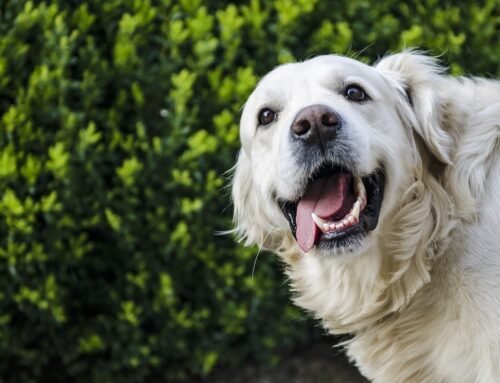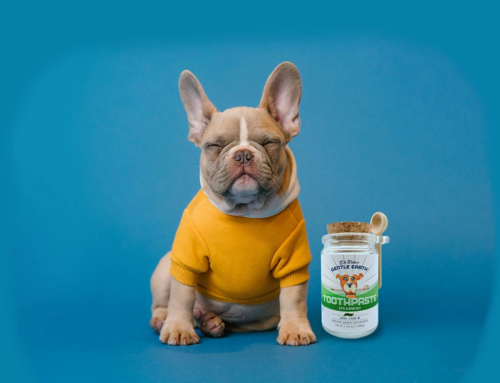Our beloved pets offer so much in our lives—the joyous laughs, the smiles, and even the times when they’ve been very uncooperative. However, there may come a time when your adorable pet leans in to give you a dog kiss and their breath could knock out an elephant! In both the human world and the doggy world, nothing gets in the way of a good relationship quite like bad breath. So what Causes Bad Breath in Dogs?
This article seeks to examine what are some of the common causes of bad breath in your dog and what you can do about it. Let’s dive in!
What are the Causes of Bad Breath in Dogs
Bad dog breath, much like in people, is typically a sign of a greater issue at hand and should be the impetus for you or a professional to take a closer look at your pup.
1 – Gum Disease and Oral Health
Teeth and gums are not all that different between humans and dogs, at the end of the day, a build-up of plaque and tartar can cause damage to the gums as well as be the source of that foul smell coming from your dog’s mouth. Like we said earlier, the bad breath is just a symptom of the greater issue—poor dental hygiene. A build-up of too much plaque and tartar can cause gums to recede, creating an even larger surface area for bacteria to congregate. This can lead to cavities and tooth loss, as well as general inflammation in the gums.
The recession of gums and damage to the teeth can cause periodontal pockets in which decomposing food can become stuck, needless to say, this contributes greatly to bad breath.
2 – Health Conditions/Diseases
If your dog is suffering from kidney disease or liver disease, those are just two examples of illnesses that can affect the scent of your dog’s breath. In fact, a sweet or fruity smell coming from your dog’s breath is one of the common signs that they are prediabetic or diabetic. Because bacteria feed very well on sugar, having higher sugar content in saliva will only make matters worse.
Liver disease can cause the breath to smell like a carrion wind. This is actually not a problem originating in the mouth, but rather the product of the liver’s inability to filter out toxins which are then released into the lungs. Much of the same can be said about kidney disease as well.
3 – Digestive Issues/Imbalanced Gut Microbiome
Much like in humans, the gastrointestinal tract and quality of digestion have a great deal to do with oral health and hygiene. In the case of bad doggy breath, if you’ve ruled out gum disease or the other conditions we discussed, it’s time to look at your dog’s diet and how it may be affecting the intestinal microbiome.
Unlike people, a dog won’t be able to do a great job of describing what they are experiencing, and so you must rely on things such as observing their stools or paying attention to how they react to certain foods to understand the greater picture. Issues such as acid reflux can be simple causes to bad breath in your dog, and these conditions can feed into other ones as well, like gastric ulcers.
How to Fix and Prevent Bad Dog Breath
By and large, gum disease takes the cake as the most common reason for bad breath in dogs. If you remember the numerous seminars and educational videos from your youth, then you’ll know that to fight tartar and plaque, you must do so with diligent brushing of your pet’s teeth with a quality dog toothpaste.
At Gentle Earth Pets, we offer the very best dog toothbrushes and toothpaste to keep your beloved canine companion’s mouth as clean as possible. All of our toothpastes are healthy and edible so that you don’t have to worry about your dog swallowing the toothpaste—unless they love the taste of spearmint or cinnamon, that is! Worry not, we also have an unflavored variety.
Natural Dog Toothpaste
Gentle Earth Pets offers our specially crafted formula of dog toothpaste for pet lovers around the country who want to keep their pet’s mouth clean and their breath smelling fresh using a majority of natural ingredients that are eco-friendly.
Contact us today at (888)-608-0028 if you have any questions about our products or your order, thank you!




